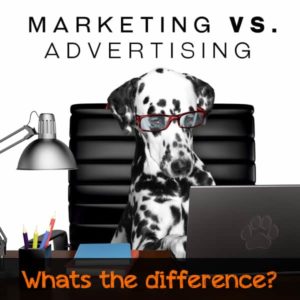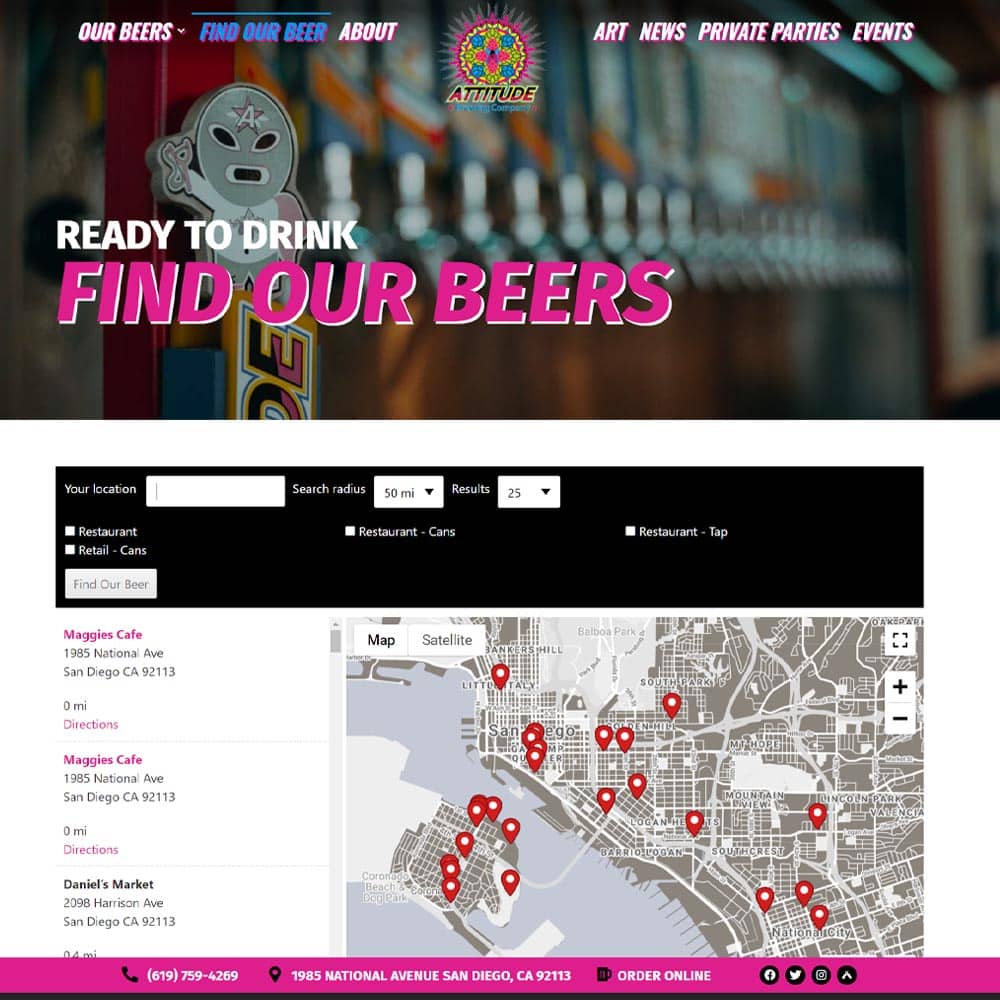In an era when 8 out of 10 small businesses are destined to fail within the first year, it is essential that these business owners understand the difference between marketing and advertising and their unique importance to their overall success. A lot of times you will hear the terms used interchangeably, and this is fundamentally incorrect.
If used, and understood, correctly as standalone functions you can quickly see how the two can effectively augment businesses to help drive conversions, create sticky customers who identify with your brand, and act as a catalyst for revenue growth.
Marketing

The first step for establishing a marketing strategy for a product or service is to truly examine their target audience by identifying their needs and values. Once the target demographic is determined it is important that the small business uses the influence of those consumers on determining the brand elements (i.e., colors, logos, etc) to push the products or services in alignment with the needs of the consumers.
Marketing Tools
- Website – In an era where more and more people turn to the internet to digest content and look for products and services, there is little doubt that your website should be considered your cornerstone of your marketing plan.
- Local Business Listings – Leveraging the power of a Local Business Listing service will help get your business listed within the framework of search engines, mobile, and directory sites that all factor into local SEO for your website. This product will also give you the ability to brand your business across a wider network of web presences.
Advertising

A small business must take their marketing efforts and determine the advertising channels they want to pursue to reach their target demographic. Some of the most popular advertising channels leverage the tools of print, radio, television, and the Internet, which all provide an efficient path to communicate a brand to a potential consumer. Obviously, most advertising channels do not come free, so for a small business with a tight budget, it is important to know which channel is best suited to reach your target audience effectively.
Advertising Channels
- Social Media – Social media is a highly effective and largely inexpensive tool that should be readily leveraged by a small business to spread the word about what your business has to offer. Local businesses should pay particular attention to Facebook, Google+, and Twitter as these platforms will let you acutely focus your advertising money on trying to reach your target audience.
- Search Engine Marketing – Leveraging the power of paid advertising across the major search engines (i.e., Google, Yahoo!, and Bing) allows a small business to serve location and keyword based ads to consumers that are readily searching for products and services. These highly customizable and targeted ads will allow your small business to put itself in front of more consumers in an effort to get them to engage and convert with your business.
If you have any questions on how the suite of digital products offered by PowerSites® can help you support all of your marketing and advertising needs don’t hesitate to contact us today, or reach out to your existing Account Executive directly.







